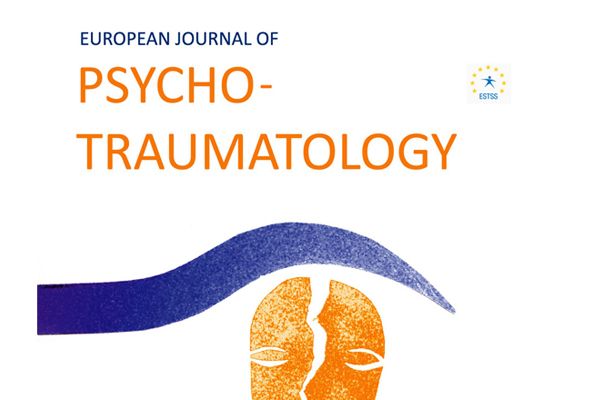18 juli 2020
European Journal of Psychotraumatology
Catrin Lewis, Katie Lewis, Neil Kitchiner, Samantha Isaac , Ian Jones & Jonathan I. Bisson
https://doi.org/10.1080/20008198.2020.1767349
Abstract
Background: Sleep disturbance has been described as a ‘hallmark’ symptom of posttraumatic stress disorder (PTSD). Although there are robust findings of self-reported sleep disturbance in PTSD, evidence of sleep disturbance measured using actigraphy is less certain.
Objective: To conduct a systematic review and meta-analysis to determine whether there are any significant differences between individuals with and without PTSD in actigraph-derived sleep measures.
Method: Case-control studies comparing participants with current PTSD to those without PTSD were eligible for inclusion. Sleep parameters of interest were: (1) total sleep time; (2) sleep onset latency; (3) wake after sleep onset (WASO); and (4) sleep efficiency. Data were meta-analysed as standardised mean differences (SMDs) and potential sources of heterogeneity were explored through meta-regression. Six actigraphy studies with 405 participants were included.
Results: There was no evidence of a statistically significant difference between those with and without PTSD in total sleep time (SMD 0.09, 95%CI -0.23 to 0.42); WASO (SMD 0.18, 95%CI -0.06 to 0.43); sleep latency (SMD 0.32, 95%CI -0.04 to 0.69); or sleep efficiency (SMD -0.28, 95%CI -0.78 to 0.21).
Conclusions: Further high-quality research is required to determine whether there is a true difference in sleep between those with and without PTSD.
Keywords: Sleep; PTSD; Actigraphy; Systematic review; Meta Analysis
Received 03 Oct 2019, Accepted 23 Apr 2020, Published online: 09 Jul 2020

Het European Journal of Psychotraumatology (EJPT) is een peer-reviewed, interdisciplinair wetenschappelijk tijdschrift dat deel uitmaakt van de European Society for Traumatic Stress Studies (ESTSS).
Het EJPT heeft als doel om wetenschappers, behandelaren en experts te betrekken bij de belangrijkste vraagstukken rond stress en trauma, waaronder individuele gebeurtenissen, herhaalde of chronische trauma's, grootschalige rampen en geweld.

